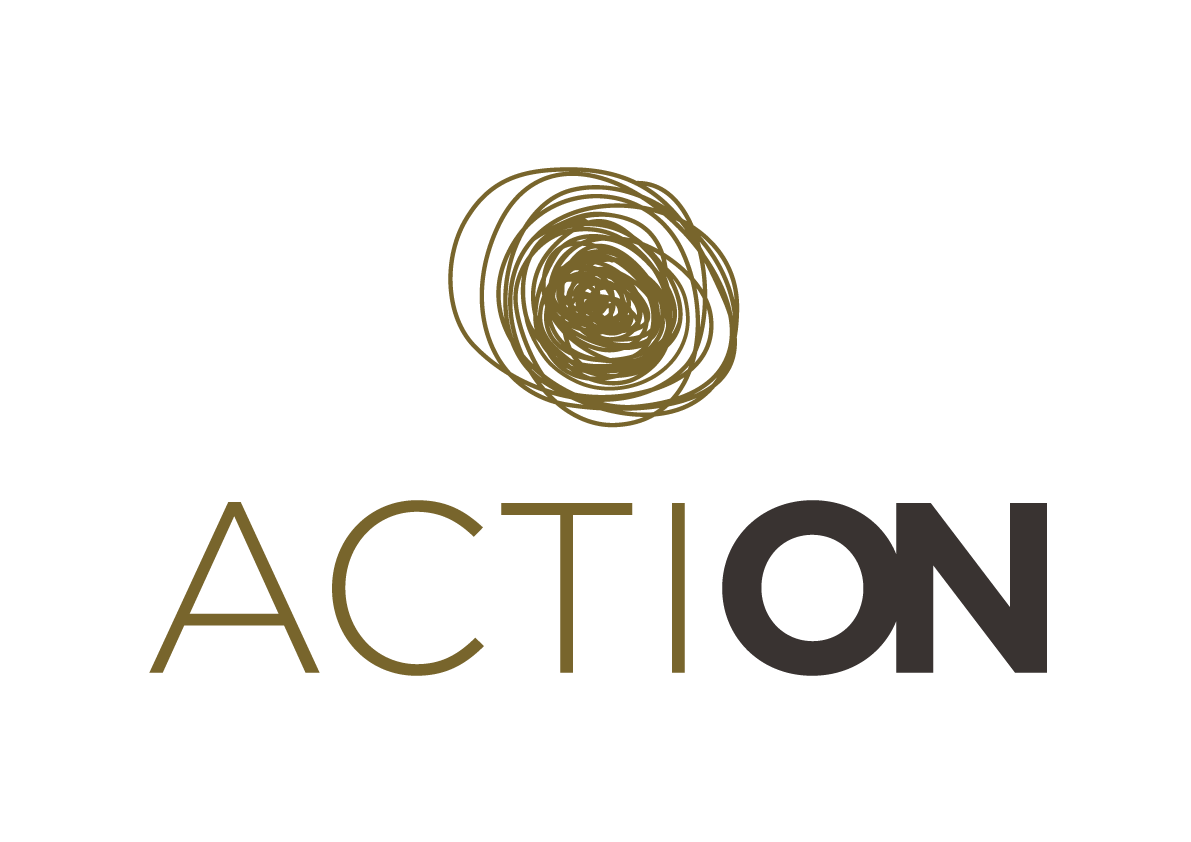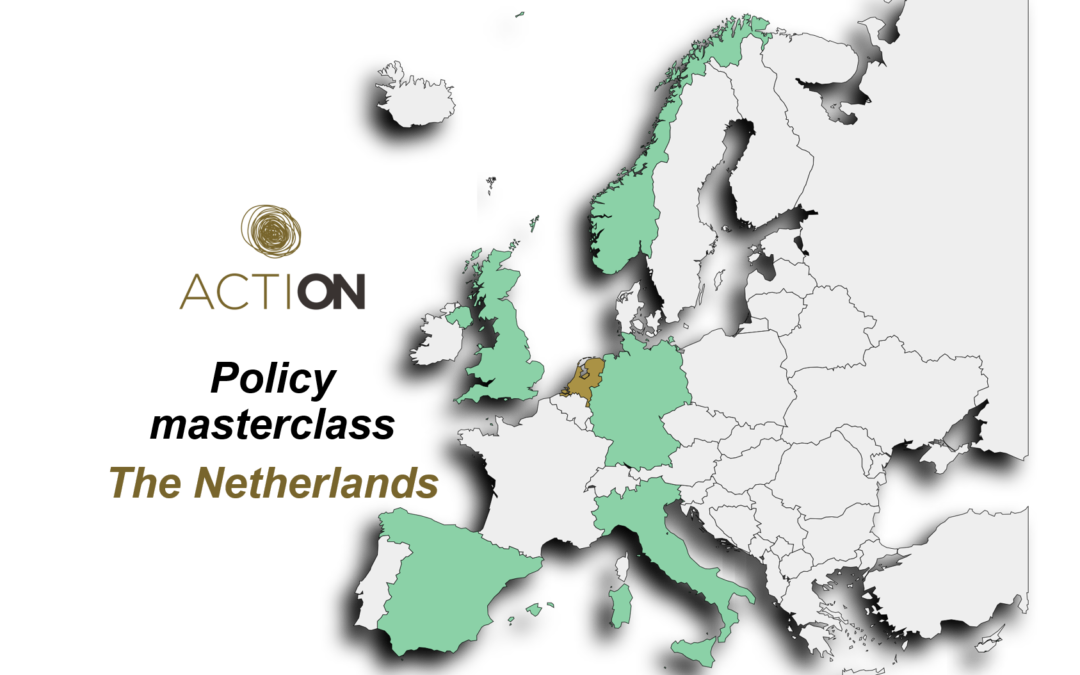By Annelli Janssen and Igno Notermans (DRIFT)
Policy makers and scientists are paying more and more attention to citizen science: the participation of ‘ordinary citizens’ in scientific research. The public can make an important contribution to sustainability issues such as pollution, biodiversity conservation, or health issues. Benefits of citizen science for policy include timely and cost-effective data collection and greater public involvement in sustainability issues. But how do you include this in policy? How can we overcome the challenges that mainstreaming citizen science in policy still faces? This was the topic of the policy masterclass organized by ACTION on the 13th of April in the Netherlands. This masterclass is part of a series of policy masterclasses in six countries (Germany, Italy, Netherlands, Norway, Spain & the UK), each one aimed at the interaction of citizen science with policy in a specific local context. Through extensive context- and network scoping and facilitating co-creation between (citizen) scientists and policy makers, ACTION hopes to leverage the use of citizen science in policy throughout Europe.
The masterclass in the Netherlands brought together 25 professionals and practitioners working at governmental organizations and universities, or as citizen scientists. We first discussed the main benefits of using citizen science in policy, that range from citizen science allowing for timely, cost-effective, and diverse information, to enhancing the relevance and acceptance of policy measures. Overall, citizen science can lead to better policy decisions and implementation processes. The participants endorsed these benefits and added that not only does citizen science in policy lead to empowerment of citizens, but also to the empowerment of policy makers and scientists. One participant also noted that working with openly available and shared data creates trust in the collaboration between citizens and policy makers. However, there are also challenges when aligning citizen science and policy. One challenge is funding: setting up citizen science projects can ask for considerable investments at the beginning, which can make policy makers hesitant – especially when the process and expected outcomes is not as clear-cut as for projects that already run for years.
Another challenge is the lack of awareness of what citizen science actually is. The masterclass itself solved this at least for one of the participants: through the masterclass the participant felt to be better able to explain to their more skeptical colleagues why using citizen science in policy is beneficial. The main takeaways for the participants were that there are many ways to do a citizen science project well, but that you have to be transparent in your collaborations, and that flexible funding schemes would help citizens to set up projects from the bottom-up. Furthermore, the knowledge and network created in the workshop will be built on in other national contexts in the following masterclasses, as well as the European context. Would you like to join one of the masterclasses, to know more about the benefits and challenges of citizen science for policy processes? And would you like to explore strategies with other policy workers to better utilize the benefits of citizen science?
Register your interest in one of the remaining masterclasses via this link.

